Description
Fair Trade Cooperative: Fero
FLO ID# 2519
Fero Cooperative, nestled in the Wonsho District of Sidama Zone, has long been held up as an exemplar of excellence—thanks to its visionary leadership, robust governance, and top-tier coffee. Time and again, it has earned accolades at the Ethiopian Commodity Exchange (ECX) for outstanding quality, with more than 80% of its coffee consistently achieving “Grade 1” status annually.
Founded in 1975 and restructured in 1998, Fero officially became part of the Sidama Coffee Farmers Cooperative Union (SCFCU) in 2005. Since then, it has grown in membership and impact, drawing admiration for its forward-thinking management and the consistently superior quality of its beans.
Coffee Production in Ethiopia: A General Overview
Ethiopia is widely regarded as the birthplace of coffee and plays a pivotal role in global coffee production. The country’s diverse landscapes, ranging from highlands to lowland regions, create ideal conditions for cultivating both Arabica and Robusta coffee. Coffee is cultivated across multiple agroecological zones, primarily at elevations between 1400 and 2200 meters above sea level. Key production regions include Sidama, Yirgacheffe, Guji, Limu, and Jimma, among others. Ethiopia’s coffee industry is deeply rooted in its culture and history, with coffee often being a central part of social and ceremonial life.
Coffee farming in Ethiopia occurs through four primary systems: forest, semi-forest, garden, and plantation. The majority of production is by smallholder farmers using traditional, low-input methods. Shade-grown and organic cultivation is common, often under native tree canopies, supporting high levels of biodiversity. The majority of coffee in Ethiopia is produced by smallholder farmers, many of whom grow coffee alongside other crops on small family farms. While larger plantations do exist, they account for a smaller portion of the total production. Ethiopia’s coffee is predominantly Arabica, with varieties ranging from the distinctive washed coffees of Yirgacheffe to the natural coffees from regions like Sidama and Harrar.
Ethiopian coffees are genetically diverse, often composed of native varieties rather than standardized cultivars. This genetic variability contributes to complex and regionally distinct flavor profiles. They are also highly valued in the specialty coffee market for their complex flavor profiles, which can include notes of floral, fruity, and herbal characteristics, depending on the region and processing method.
The harvest season spans from October to March, depending on region and elevation. Selective hand-picking is the standard harvesting method. Post-harvest processing is either washed (wet) or natural (dry), with regional preference and infrastructure determining the method. Washed processing is prevalent in the south, while natural processing is more common in the west and some southern areas.
Ethiopia employs a unique supply chain structure involving cooperatives, private exporters, and the Ethiopian Coffee and Tea Authority. Coffee is a key export commodity, accounting for a significant portion of national foreign exchange earnings and rural employment. Challenges include limited access to agricultural inputs, fluctuating market prices, climate change impacts, inconsistent infrastructure, and regulatory changes affecting market dynamics.

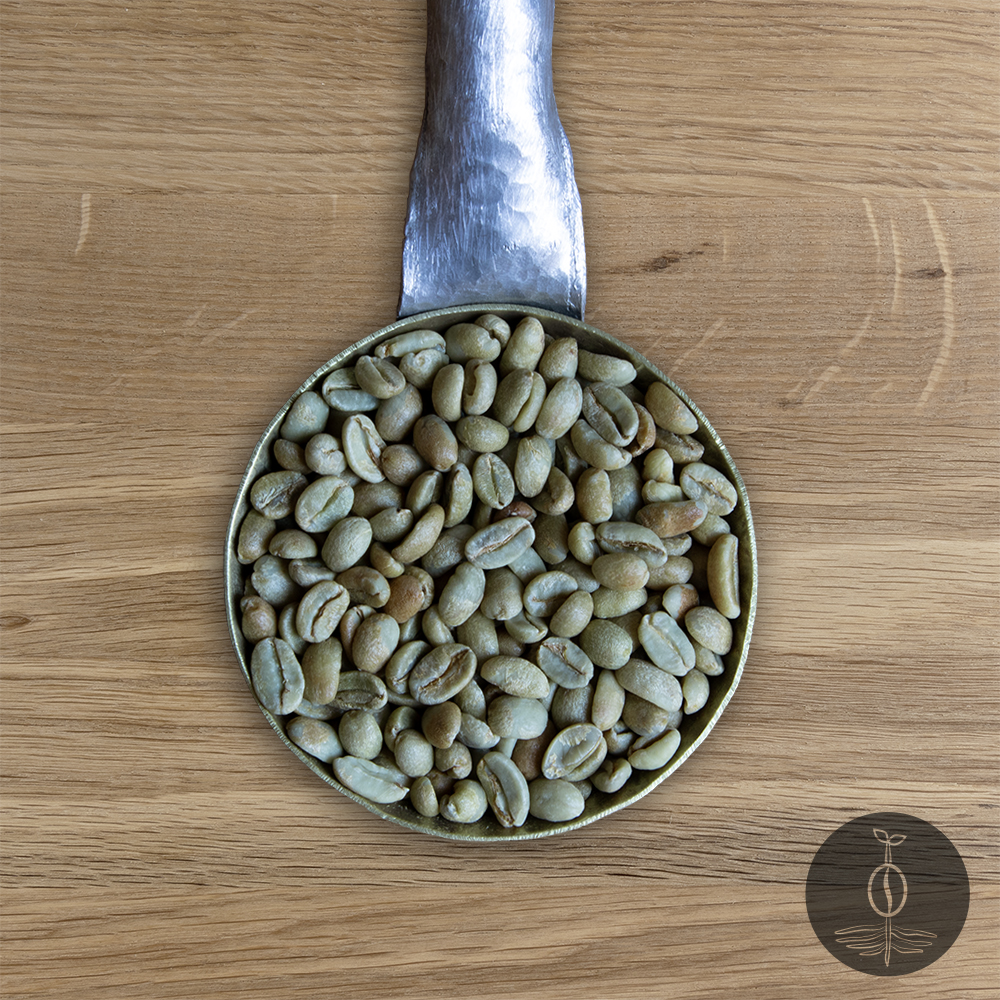
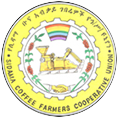

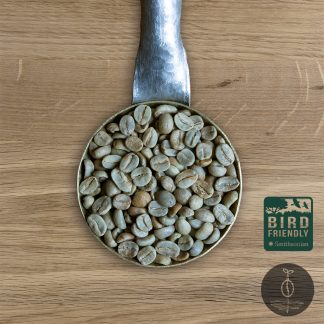
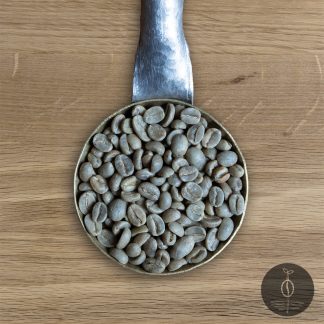

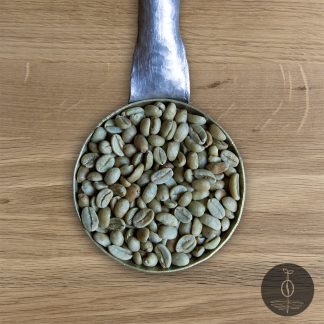
Reviews
There are no reviews yet.